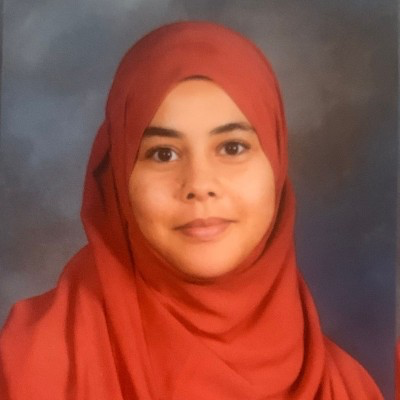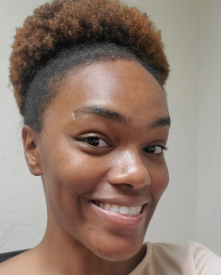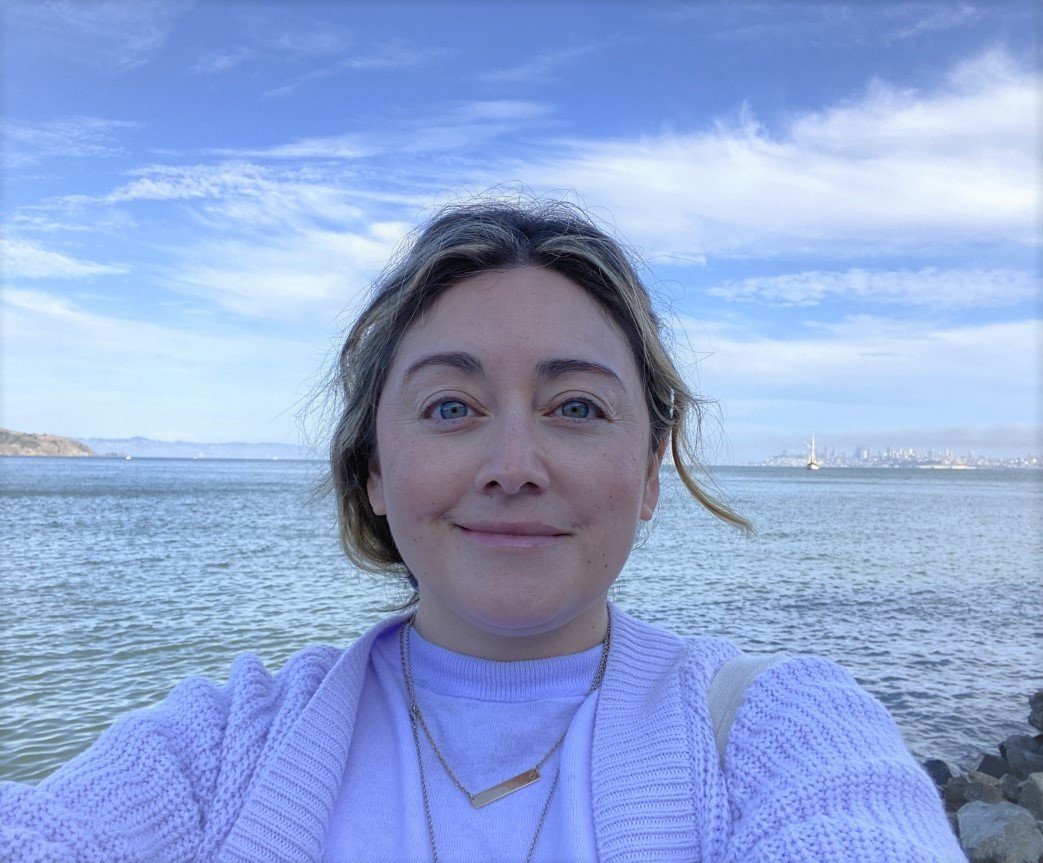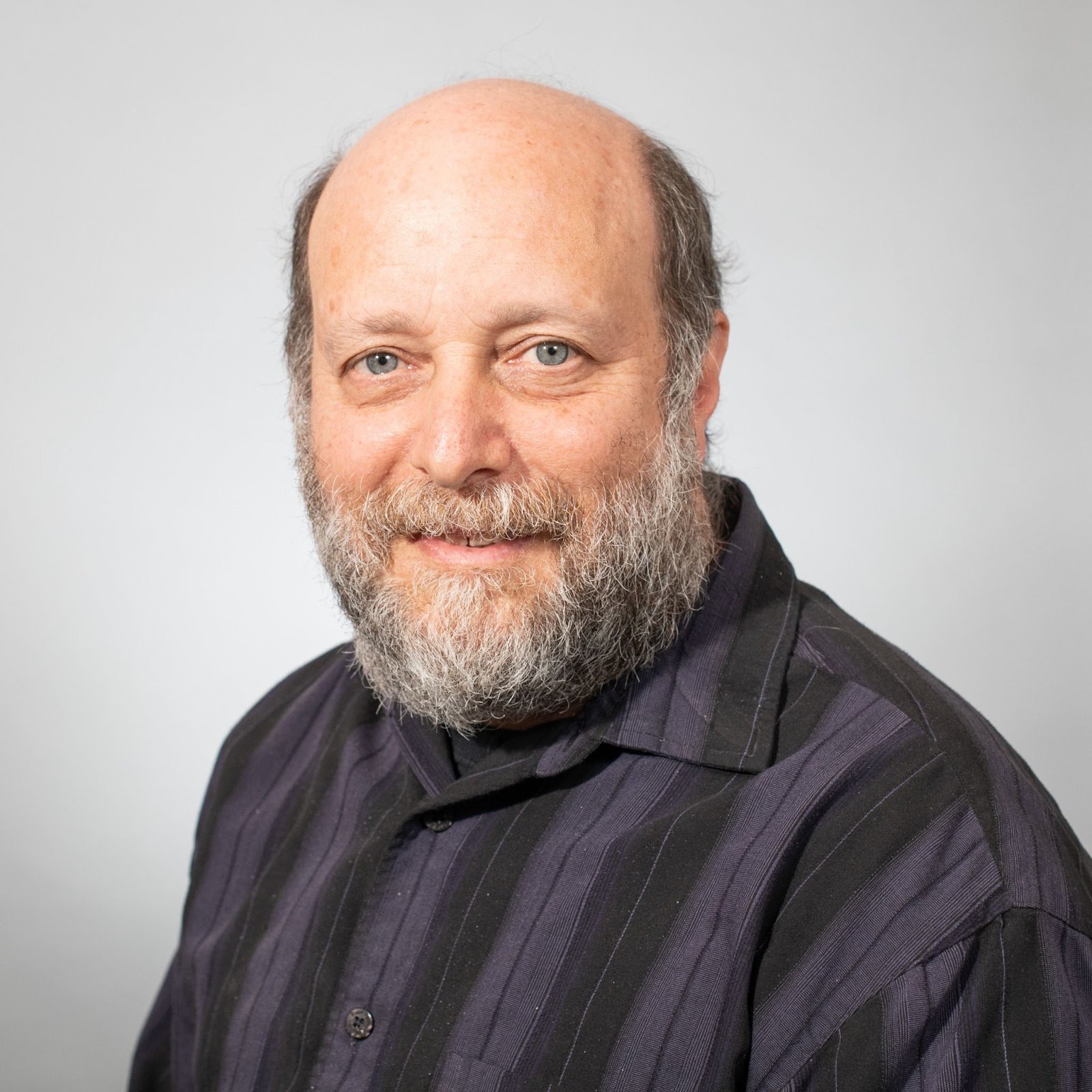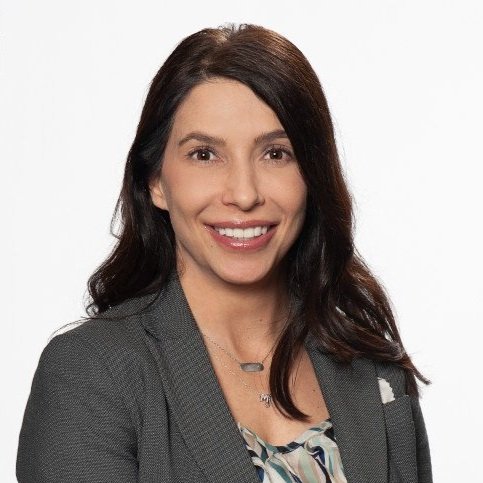Aishah Bomani
Digital Equity Program Manager, Seattle Public Schools
Interview by Alex Hochhalter & Maraki Yewondwossen
November 22, 2022
Aishah Bomani is a Digital Equity Program Manager for Seattle Public Schools. Here, she discusses the process of expanding access to internet and wifi, as well as getting families set up with the Affordable Connectivity Program. She also picked our brains and asked us what we think digital equity means, and conversed about what the term digital equity entails.
Q. What is your definition of Digital Equity
AB: It means ensuring devices that the Affordable Connectivity Program provides come with resources: internet access and navigation instructions. Families get tech support as needed because the ACP offers tech support with quicker response time.
Q. What are you passionate about in this space?
AB: Making sure any access gaps are closed, meaning families needing additional devices for support. Growing up in Seattle Public Schools, digital equity wasn’t a conversation at the time so I’m happy that it is now.
Q. What values and/or principles are important for everyone in this space to do good work?
AB: It’s important to provide services to marginalized communities and those who are silenced in digital equity discussions. Going out into the community and getting feedback from people getting impacted by lack of tech access can provide a lot of data for improvement, and making a group decision rather than just one person deciding what the people want. So fieldwork is a big part of my work.
Q. What have been big wins for you and how did they happen? What sorts of support were needed for them?
AB: The FCC created a subsidy through the Affordable Connectivity Program that makes internet access more affordable. It is available to people with different contributing qualifications, including students who receive free or reduced lunch, or students who live on tribal land. Once signed up, families must provide a yearly verification. At the peak of the Covid-19 pandemic, many families fell into internet debt. The FCC was able to help them by releasing this benefit.
“Going out into the community and getting feedback from people getting impacted by lack of tech access can provide a lot of data for improvement.”
Q. What is your organization’s goal in moving towards digital equity? What steps are being made by your organization to reach that vision?
AB: Digital equity has been a goal for Seattle Public Schools. Covid highlighted this issue, and in response, I got hired as a Digital Equity Manager for SPS. My team and I look at what gaps need to be filled and create solutions that would help close those gaps– creating infrastructures is one of them. We use surveys to teachers, families, principals to find out what teachers notice in classrooms, if platforms are accessible, and if translations are on point for bilingual families.
Q. What’s an example of some good work so far and who’s been doing it? Who would you like to give a shout-out to?
AB: My colleague Devon Miller is a network operations senior engineer. His team upgrades wifi at schools and increases bandwidthl. Networks have become overloaded, so updates to increase bandwidth have been important. Miller’s team has AI support as well. These improvements have increased response time and are providing stronger, more reliable internet. In terms of response rates, there has been a lot of positive progress.
Learn more about Seattle Public School’s digital equity work here.
Learn more about Affordable Connectivity Program
Connect with Aishah Bomani on LinkedIn.

